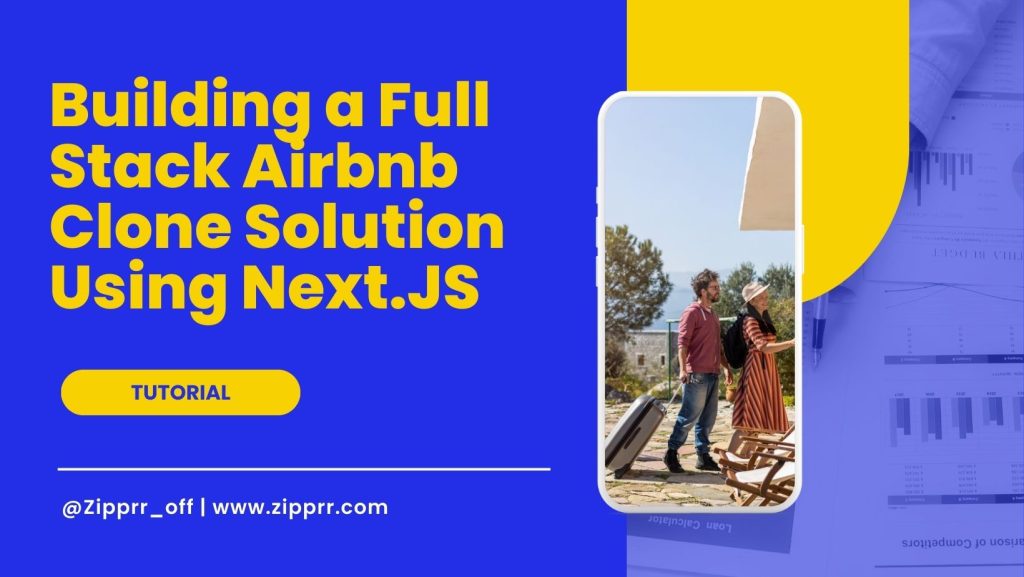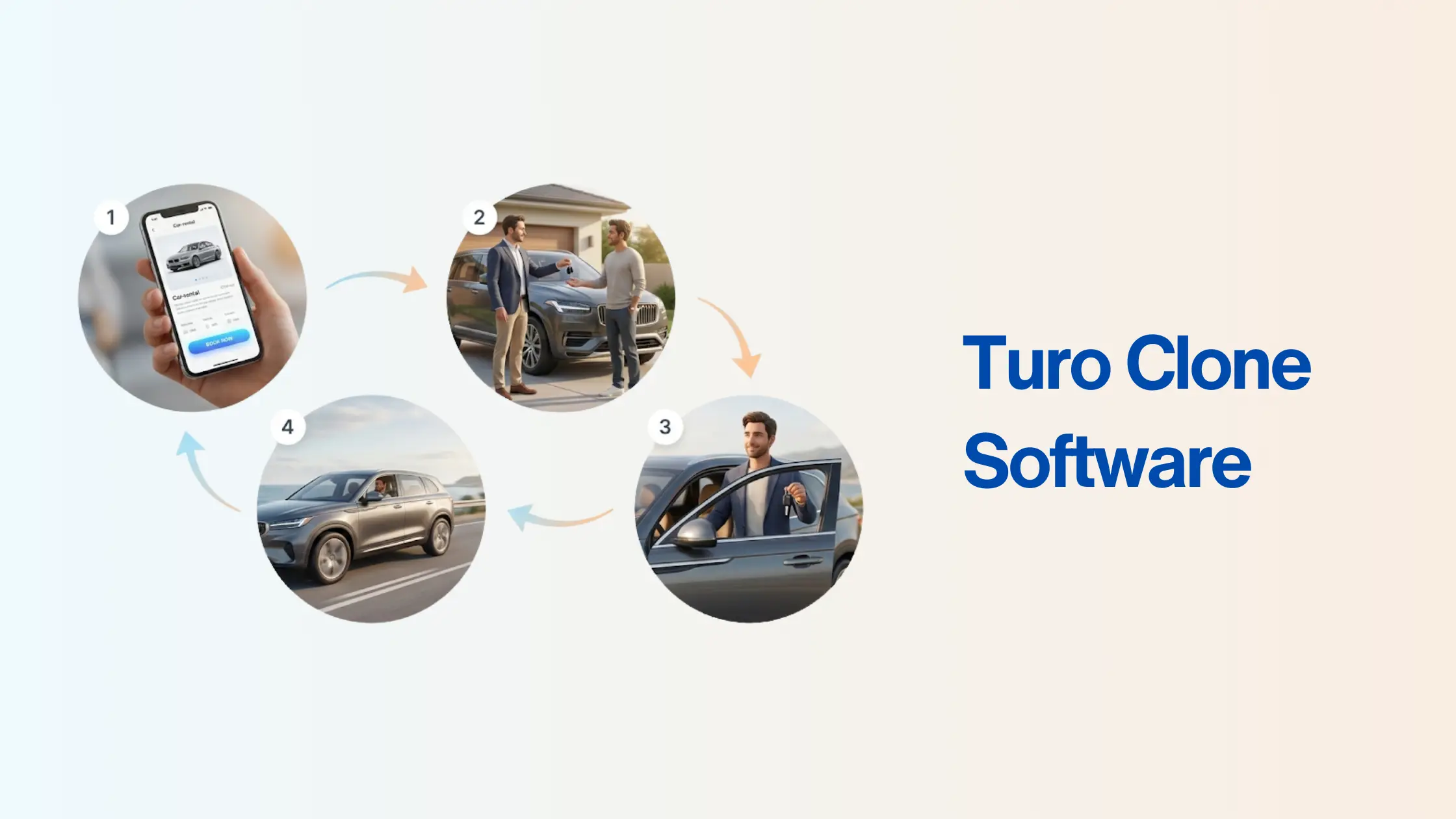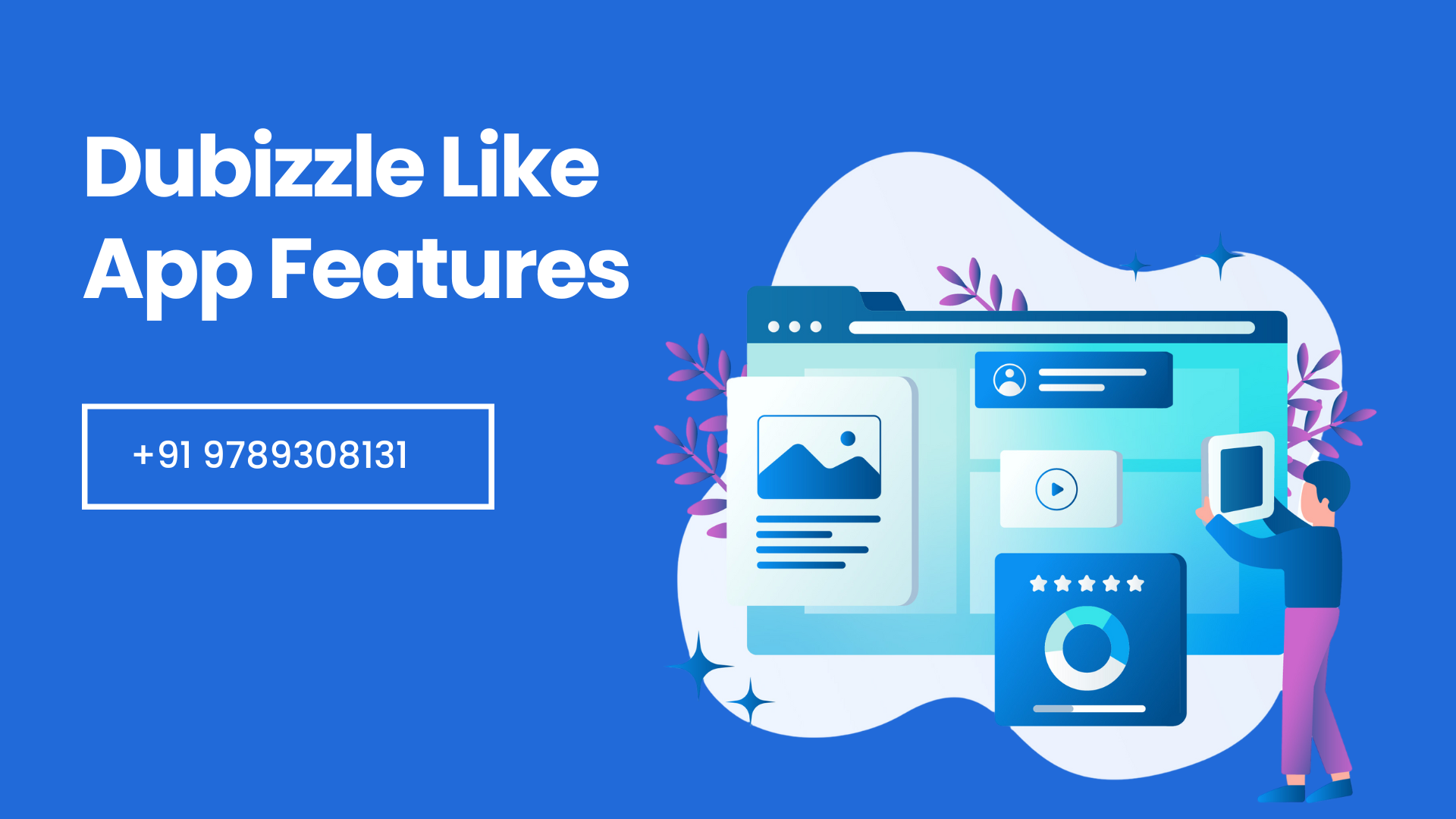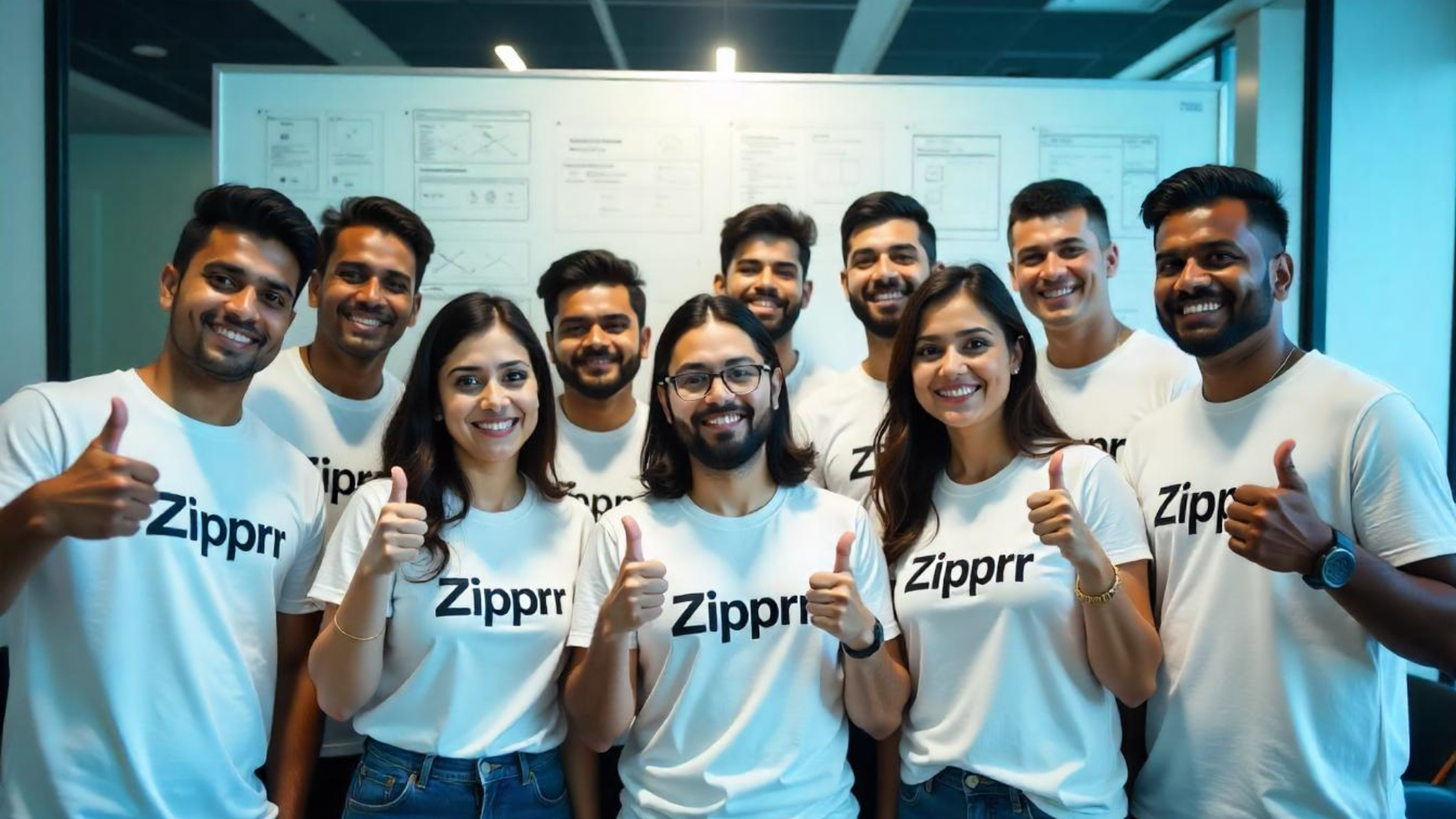Airbnb is a popular online marketplace that connects people who want to rent out their homes with people who are looking for accommodations in different cities. In this article, we will build a full stack Airbnb clone script using the Next.js framework on the front-end and MongoDB for data persistence.
Setting up the Development Environment
The first step is to initialize a new Node.js project and install all the necessary packages. We’ll be using the following technologies:
- Node.js – For running our JavaScript backend code
- Next.js – For building the frontend
- MongoDB – As our database
- Mongoose – For modeling our MongoDB data
- JSON Web Tokens (JWT) – For authentication
We can initialize the project using:
Inside the project directory, let’s install the packages:
Next, we need to connect to MongoDB. Create a db.js file and add:

Now we have everything setup to start building the app!
Designing the Data Models
In MongoDB, we define schemas or blueprints to structure our data. Let’s create three models – Listing, User and Booking.
Create a models folder and define them:



Now we have the data structures defined to start building out our application components.
Creating React Components
Next.js follows the page-based component structure. Let’s create some common components:


Similarly, create Footer component.
We’ll also need a listing details page:

This covers some basic shared components. Let’s now focus on authentication.
Building the Authentication Flow
Users need to be able to register, login and logout securely. We’ll use JSON Web Tokens (JWT) for authentication.
First, create the Register and Login pages:


Then on the server, we handle registering and logging in users:

To protect routes and authenticate users, we’ll create a authMiddlewares.js file:

And then on protected routes:

Implementing Listings
Now that authentication is handled, let’s add functionality for users to create listings.
First, create a form page:

On the server, add the post listing route:

We can now create listings that are associated to users. Next, display all listings.
Implementing Reservations
Users need to be able to book listings. Let’s add booking functionality:

We can now book listings securely from the client. Let’s continue enhancing the app.
Styling the Components
For a polished UI, it’s important to add styling. We’ll use CSS Modules for scoped styling.
Create a styles folder and global.css file:

Then in pages/_app.js:

For components, create a .module.css file:


This allows scoped styling per component. Add styling for responsive design.
Implementing User Profile
Users need to manage their profile details. Let’s build a profile dashboard:

On the server, handle profile updates:

Implementing Search
Users need to be able to search for listings by location, dates etc. Let’s add a search page:

Securing the App
Let’s add some security best practices:
- Store JWT secret in env variables
- Sanitize user inputs
- Implement input validation
- Use HTTPS in production
- Add rate limiting to protect from DDoS
- Set CORS to allow only your domain
- Password hash bcrypt rounds to +10
We can also add:
- User roles (e.g guest, host, admin)
- Image validation to allow only specific types
- Restrict special characters in inputs
- Testing authentication and security flows
Enhancements
There are many features we could continue adding:
Ratings and Reviews
- Allow guests to leave star ratings and text reviews for listings
- Show average rating on listing page
Messaging
- Enable private messaging between users, hosts and guests
- Handle conversations and notifications
Calendar/Availability
- Show calendar view of dates already booked for a listing
- Highlight unavailable dates that can’t be selected
Notifications
- Send email/push notifications for new bookings, messages, etc
Image Gallery
- Support uploading multiple images per listing
- Add Lightbox or carousel to view images
Amenities
- Allow hosts to select amenities (wifi, pool, etc)
- Filter listings by amenities
Location Autocomplete
- Use Google Maps Places API for autocomplete on locations
Host Dashboard
- Include management features for hosts to view/manage bookings
Guest Verification
- Add login with Google/FB for easy guest verification
Admin Login
- Build backend admin interface for site management
Summary
By following these steps we have built a full-stack Airbnb clone app that is functional, secure and scalable. There is certainly more that can be added, but this covers the core features and implementation using Next.js and MongoDB.







